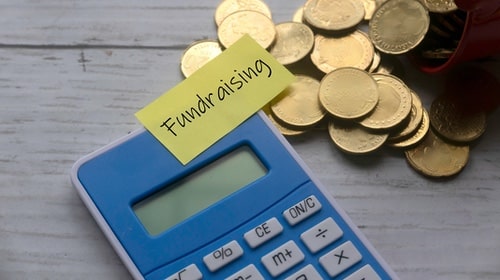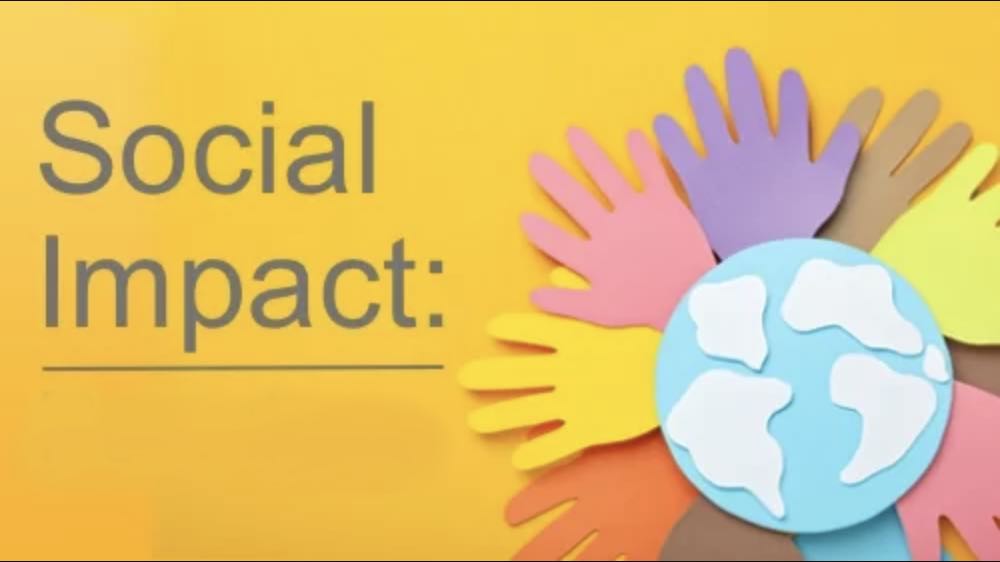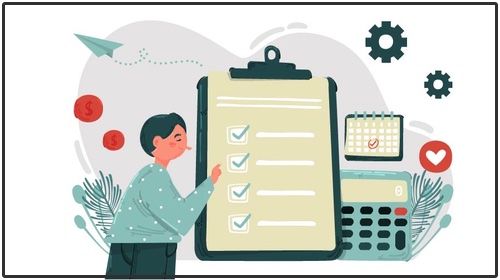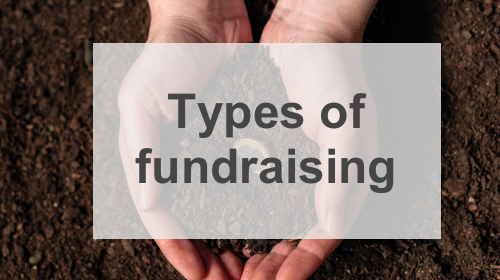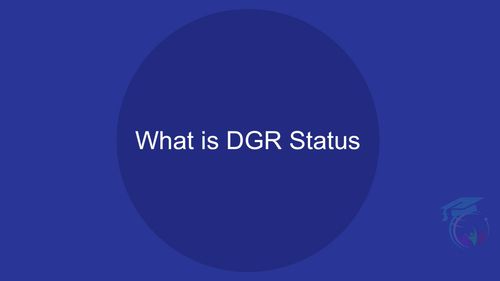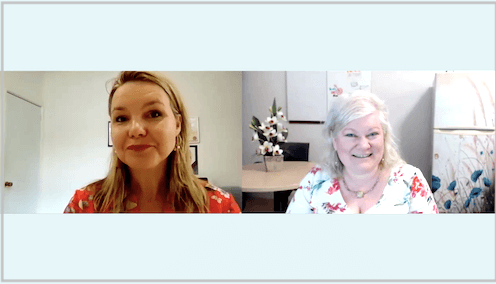Fundraising for Your Service
Authored by:
iClick2Learn Team
Video Transcript
In order to know how much funding your service will need to be sustainable, you will need to know what expenses you have to cover. You should know how much you need on the average per week to operate your service. You should know what your fixed and variable expenses are to help you assess the fees that have been set. And you should verify if all expense items for delivering your services are included. As a committee member, you can impact positively on the fundraising efforts of your service. Some of the ways you can do this are to help to identify potential philanthropic, government, or corporate grants or sponsors. Contribute to fundraising plans for short, medium, and long term goals. Contribute skills, networks and experience as a member of the fundraising subcommittee. Identify and share new funding Opportunities and ideas. Support management on key visits to funders to ensure the relationship is built with a few people across your service. And assist with grant and tender applications when appropriate.
It is good practice not to become reliant on uncertain income streams. Your service may receive funding from the government for the most part, but you never know when political events might change or reduce that funding. Have regular discussions among your committee about how you might diversify your funding. The grant application process can be time consuming. So it’s important to look for grant opportunities that provide a good fit with your service. The better the fit, the more likely your grant application is to succeed. Some organisations are entitled to receive income tax deductible gifts, and tax deductible contributions. They’re called DGRs which stands for Deductible Gift Recipient. DGR status enables individuals and organisations to deduct gifts over $2 to your service for their own income tax purposes. You will find you’re eligible for more funding opportunities if you have these status as most foundations and trusts prefer their recipients to have DGR status.
One of the tasks your committee will spend a lot of time on is discussing and planning for its fundraising events. If you’re trying to raise funds from inside your service, try and sell goods and services that families would need to buy anyway, like fruit and vegetable boxes and educational toys. When rallying local business owners to help out, understand they’re more likely to contribute to a fundraiser, when they see how their involvement can add to the value of their business as well. You could for example, ask them to have a stand selling their products at your event. Make sure your fundraising efforts are promoted to an audience other than those already involved, including fee paying parents. They’re already making a contribution in using your service. Try to capitalize on the social function of bringing families and your community together for events like fetes and kids fun days with multiple stalls and activities. Think about how your service is funded and start a discussion with your committee about developing or reviewing your funding plan.
Related posts
Developing a Fundraising Plan
Create a Sponsorship Plan
Social Impact
Approving Your Budget
Deductible Gift Recipients Status [Course]
Fundraising Risks for Registered Charities
Fundraising Risks for Community and Non Profit Organisations
Donor Personas
Fundraising and the Law
Types of Fundraising
Get Sponsors to Say Yes
What is DGR status?
Great Tips on how to Approach a Funding Pitch
- Tags | Fundraising

